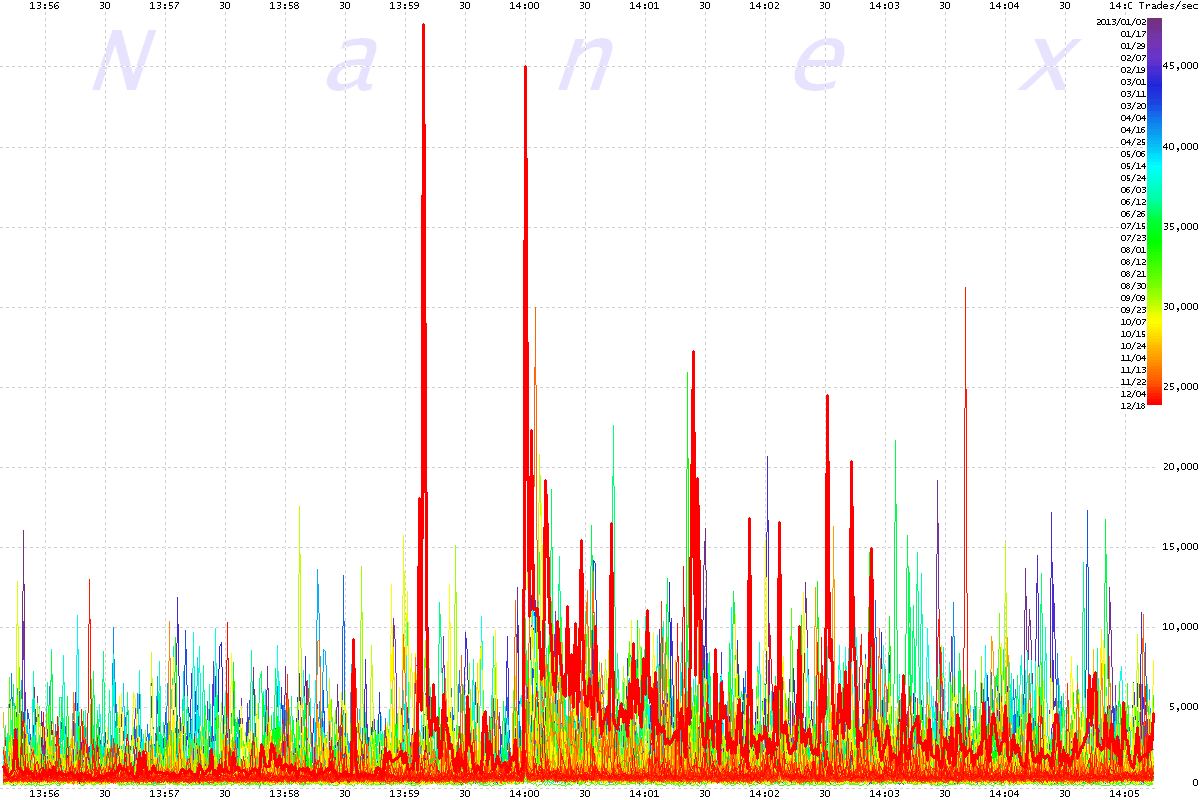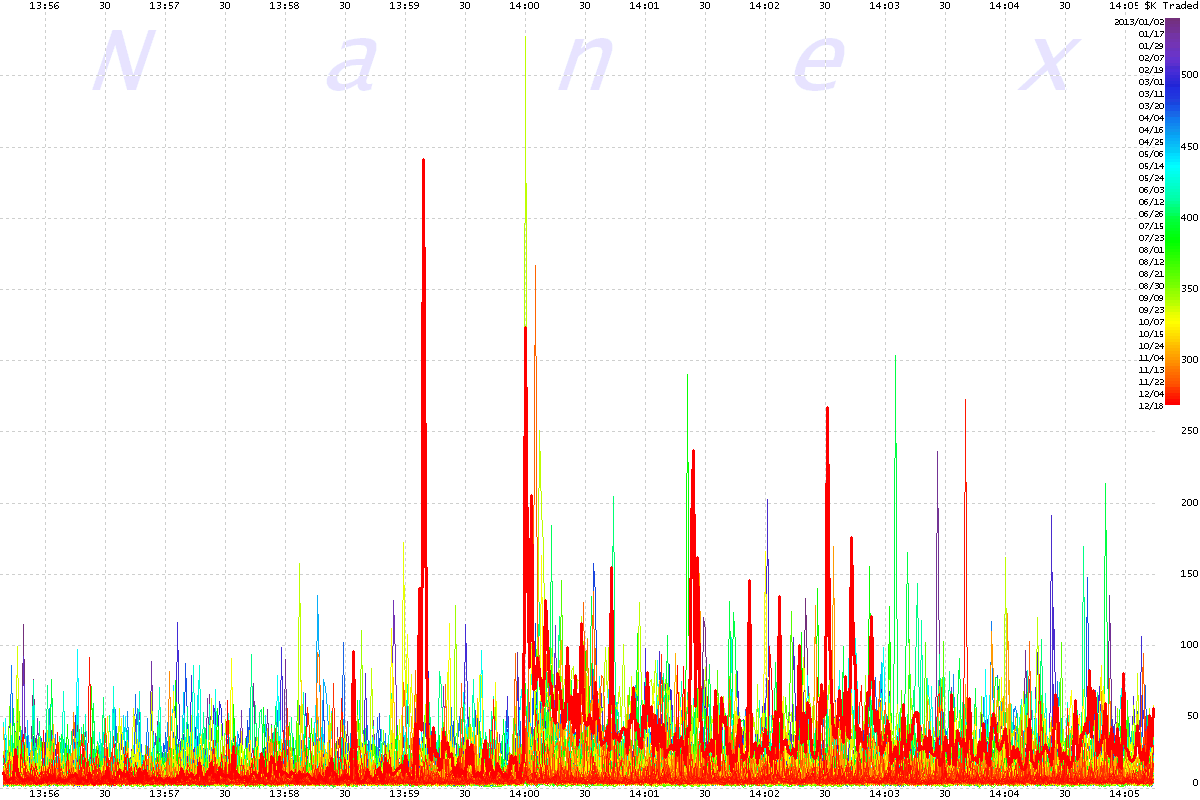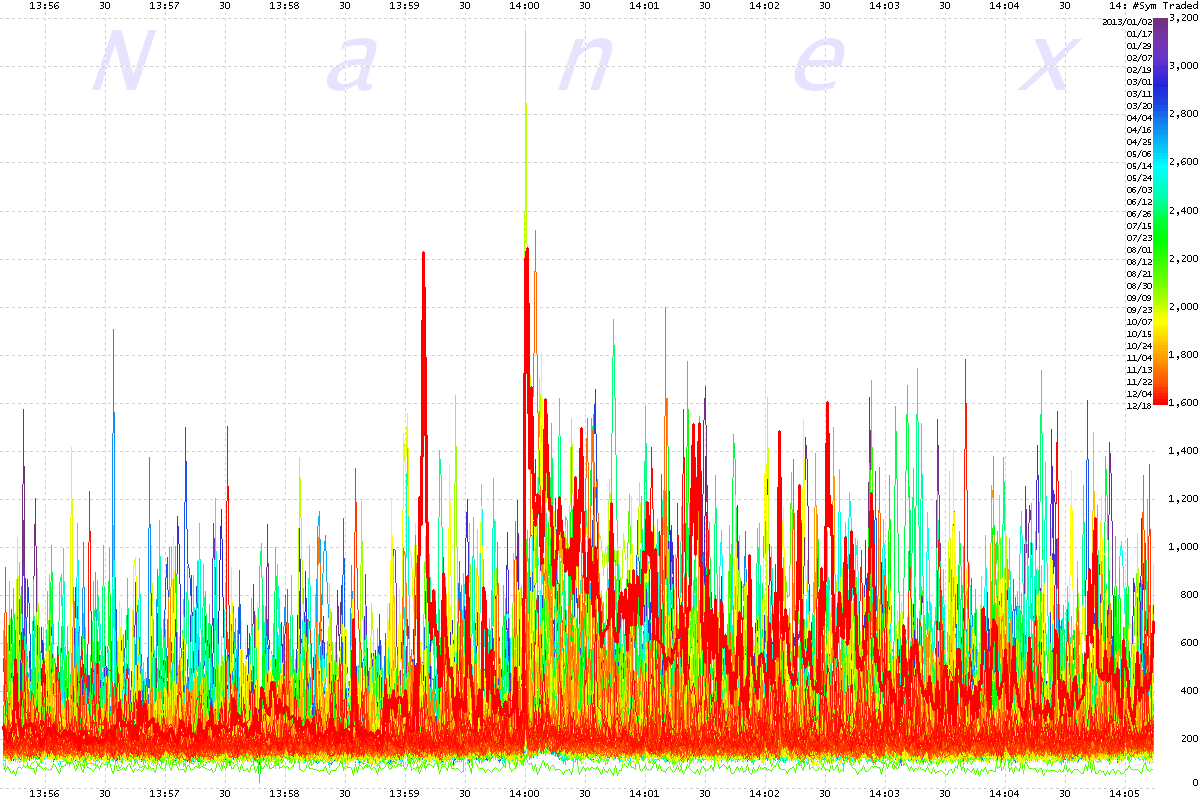Ben Bernanke is concerned about his legacy.
Any why not? After all, he’s all but destroyed capitalism to benefit the largest banks in the financial system.
Capitalism means failure if you screw up. But under Bernanke’s watch, “capitalism” meant giving trillions in taxpayer money to those who screwed up.
It also meant a massive drop in median incomes, diminishing purchasing power for every American, increasing costs of living, inflation abroad leading to bloody revolutions, and funneling US funds overseas to bankrupt European entities.
The man and his policies, in a nutshell, have been a disaster for the world. We would all have been better off if he’d never left Princeton but had simply remained in the classroom where he’d simply corrupt young minds, rather than bet the US Dollar and the republic on his misguided theories.
So how did those theories work out?
Under Bernanke’s watch…
· The US has never experienced 3% GDP growth.
· The labor participation rate has fallen to levels not seen since the ‘70s.
· Inflation-adjusted median incomes have fallen 7%.
· The US’s debt load has risen from $8.4 trillion to over $16 trillion.
· The Fed’s balance sheet has increased from $800 billion to over $4 trillion (larger than the economies of Brazil, France and even Germany).
· Food prices have hit record highs fomenting revolutions in the Middle East and untold suffering around the globe.
· The Fed has funneled trillions of Dollars into both US banks and European banks.
· The Fed has allowed fraud, insider trading, and corruption.
And so on.
So now, Bernanke is trying to begin polishing his legacy by tapering $10 billion a month. Somehow this is supposed to show us that he can make decisions other than leaving a paperweight on the printing press (the Fed has engaged in money printing in over 90% of months since the Crisis hit in 2008).
We all know how this will eventually end… with the system Crashing down yet again, thanks to his creating the largest bubble in history: that of the bond market today. But by that point it will be someone else’s mess to clean up and we the taxpayers will be the ones who pick up the tab, whether it’s through more bailouts, bail-ins, or a Dollar collapse.
For actionable market insights on how to play bull runs and bear corrections, swing by:
http://phoenixcapitalmarketing.com/special-reports.html
Best Regards
Phoenix Capital Research







via Zero Hedge http://feedproxy.google.com/~r/zerohedge/feed/~3/3UOJrrN8gwg/story01.htm Phoenix Capital Research
 Officials in Milan,
Officials in Milan,


















